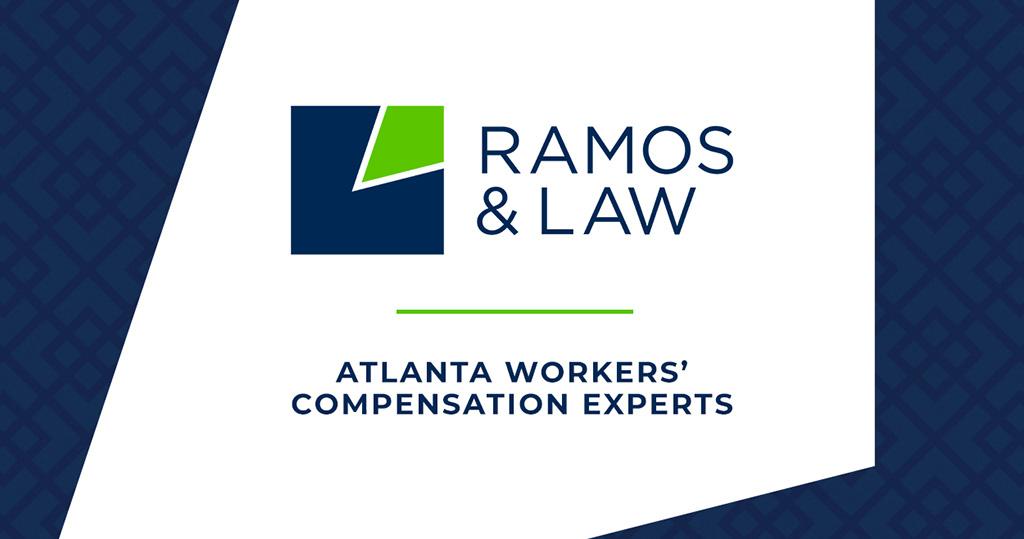
A subsequent injury may sever an Employer/Insurer’s liability for medical care and indemnity benefits. Please see Board Rule 204. To determine whether the chain of causation is broken, it is necessary to examine the circumstances surrounding the subsequent injury, and answer questions such as:
- Did the subsequent injury occur at work?
- Did the subsequent injury occur while the Claimant was working for the Employer who is responsible for the Claimant’s initial work injury?
- Did the subsequent injury occur while the Claimant was working a part-time job?
- Did the Claimant aggravate an existing work injury?
- What body part did the Claimant injure in the subsequent injury?
Answering the above-referenced questions will assist in making a determination as to whether the subsequent injury is considered a new date of the accident. If the second injury is found to be a second date of the accident, the Employer/Insurer would not be liable for providing medical treatment or payment of indemnity benefits.
Let’s assume that an Employee sustains a work-related injury to her right knee while working at WalMart and receives workers’ compensation medical benefits from this Employer. However, she continues to work a part-time job at RiteAid Pharmacy. It is feasible that a new date of accident or second injury may occur. Let’s say the same Employee is at her part-time job at RiteAid, and falls striking her right knee on the floor. As a result of the fall, the Employee experiences disabling pain and is not able to place weight on her right leg. The Employee seeks emergency treatment, and the diagnostics determine the Employee has a torn meniscus. When WalMart learns of the Employee’s subsequent injury, it may deny continued medical coverage and indemnity benefits. The denial of benefits is based on the theory that the second injury to the right knee severed WalMart’s liability for continued medical care and indemnity benefits.
WalMart in the afore-mentioned example has a strong case that the chain of causation has been severed. WalMart will likely be able to satisfy its burden if it is in possession of new medical evidence, demonstrating the Employee did not have a torn meniscus before the second date of the accident. If the medical evidence prior to the second date of the accident supports that the Employee’s right meniscus was not torn, WalMart will likely prove RiteAid is responsible for the medical treatment and indemnity benefits stemming from the torn meniscus.
WalMart cannot unilaterally suspend weekly indemnity benefits or medical treatment. In order for WalMart to shift the responsibility of medical care and indemnity benefits to RiteAid, WalMart must secure an order by the State Board of Workers’ Compensation. Therefore, WalMart will be liable for continued medical and indemnity benefits until the State Board orders otherwise. Hallisey v. Fort Howard Paper Co., 268 Ga. 57, 484 S.E.2d 653 (1997).
The above-referenced scenario is just an example of how a subsequent injury can impact an Employee’s entitlement to indemnity and medical benefits. Please keep in mind, that every case is different and if you have additional questions regarding how subsequent injuries can impact a workers’ compensation claim, please contact Ramos & Law.
